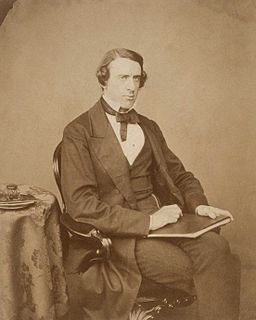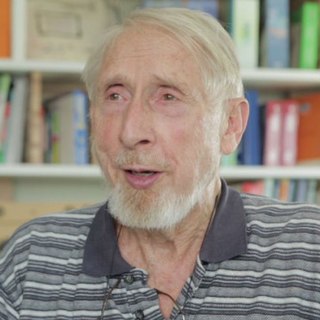A Quote by Christian Nestell Bovee
Melancholy sees the worst of things, things as they may be, and not as they are. It looks upon a beautiful face, and sees but a grinning skull.
Related Quotes
When the father dies, he writes, the son becomes his own father and his own son. He looks at is son and sees himself in the face of the boy. He imagines what the boy sees when he looks at him and finds himself becoming his own father. Inexplicably, he is moved by this. It is not just the sight of the boy that moves him, not even the thought of standing inside his father, but what he sees in the boy of his own vanished past. It is a nostalgia for his own life that he feels, perhaps, a memory of his own boyhood as a son to his father.
When common sense sees a puzzling phenomenon it looks for a causal agent. When it sees organization it looks for an organizer. This works amazingly well for purposes ranging from the diagnosis of diseases to the creation of governments. But it cannot account for emergence ... the appearance of complex phenomena not predictable from the basic elements and processes alone.


































